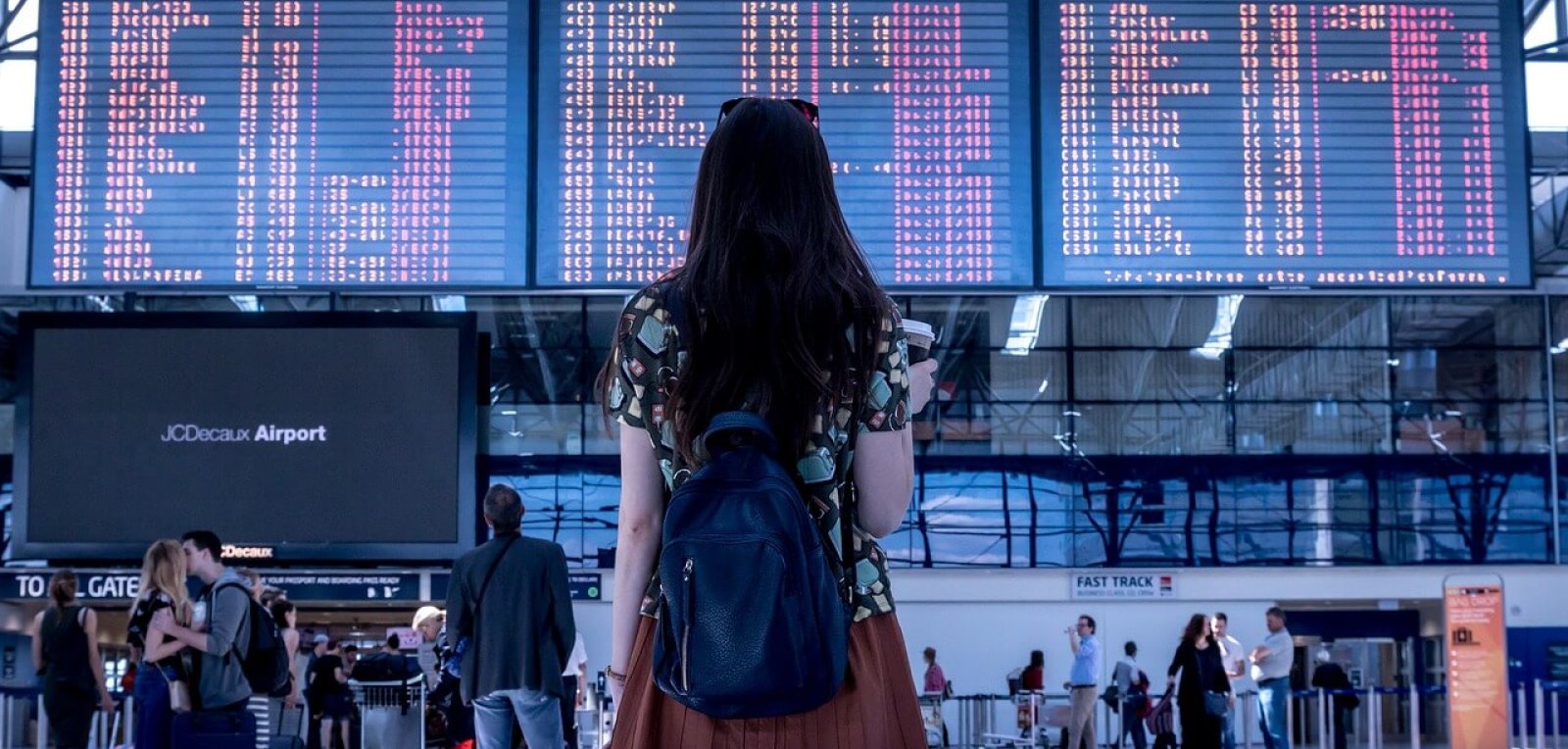Sometimes, your language journey is a literal one. Traveling abroad is a fantastic way to dive into the new sounds, vocabulary, and culture that permeate a new language. Here are 4 reasons why you should do it if you have the chance.
1) You’ll have more time to learn a new language
Here’s a myth: when we are children, we’re exceptionally good at learning new languages, but we lose that quality when we grow older. That maxim is not entirely true.
Children appear to be better language learners than adults, because, among other advantages, they have more time to spend learning a language. A French 5-year-old schoolgirl will have more hours to learn French than Gabriela, a 32-year-old grad student with a 2-hour slot on Saturdays labeled French Class.
If Gabriela, however, could invest the same time as the schoolgirl, she’d learn French just as fast, if not faster. Fluent Forever’s CEO, Gabriel Wyner, talks about this in his TED Talk.
If you travel abroad to Paris, tight schedules stop being an issue. You’d have no choice but to see, hear, and smell (think croissants) actively/passively in French 24/7. Every day would be French Class, and your language-learning progress is instantly sped up.

When French class takes place in France…
Image by Pexels from Pixabay
2) You’re constantly exposed to native pronunciation
Your first days in Paris would most likely be spent mispronouncing croissant. After a few weeks, however, the chitter-chatter of locals would help you learn how to say it right.
Traveling abroad helps you learn a new language just by listening. Training your brain to identify new sounds in words is the first step to pronouncing them properly. And because you’re surrounded by native speakers, you won’t have to learn a new language on your own.
3) You skip translations and communicate more effectively
It’s a foggy morning in Paris and your nose takes you to a store where people walk out with baguettes in brown paper bags. You buy one and repeat the process the next day. And, without using Google Translate, you somehow learn that the word on the store’s facade, boulangerie, is the French word for bakery.
Foreign words learned by associating them to images, as opposed to direct translations, stick longer in your memory. When you travel abroad, you have to constantly think in your target language, figuring out meanings without translations and relying on images, making every sign, storefront, and word on a surface a learning opportunity.

Image by jacqueline macou from Pixabay
4) You create lasting memories, every time
Do you know what’s better than learning new words with images and no translations? Doing it with meaningful memories. Words linked to consequential events ingrain themselves even deeper in your brain.
Traveling abroad exposes you to a new country and everything it entails: novel landscapes, exciting cuisines, and unforgettable encounters. Those experiences entwine with the new sounds and words, making them harder to forget.
Plus, the better you become in, say, French, the more confident you’ll feel on your next Parisian adventure. The whole French-speaking world will be your oyster!
Make your own language journey
Every language journey is different, and not everyone can travel abroad. If you’re able to, we encourage you to plunge into new and exciting linguistic opportunities.
If you’re not able to learn a new language that way, we’re here to help you reach your goals. Pick any one of the 11 languages available in our app to set off on an exciting journey to fluency.





